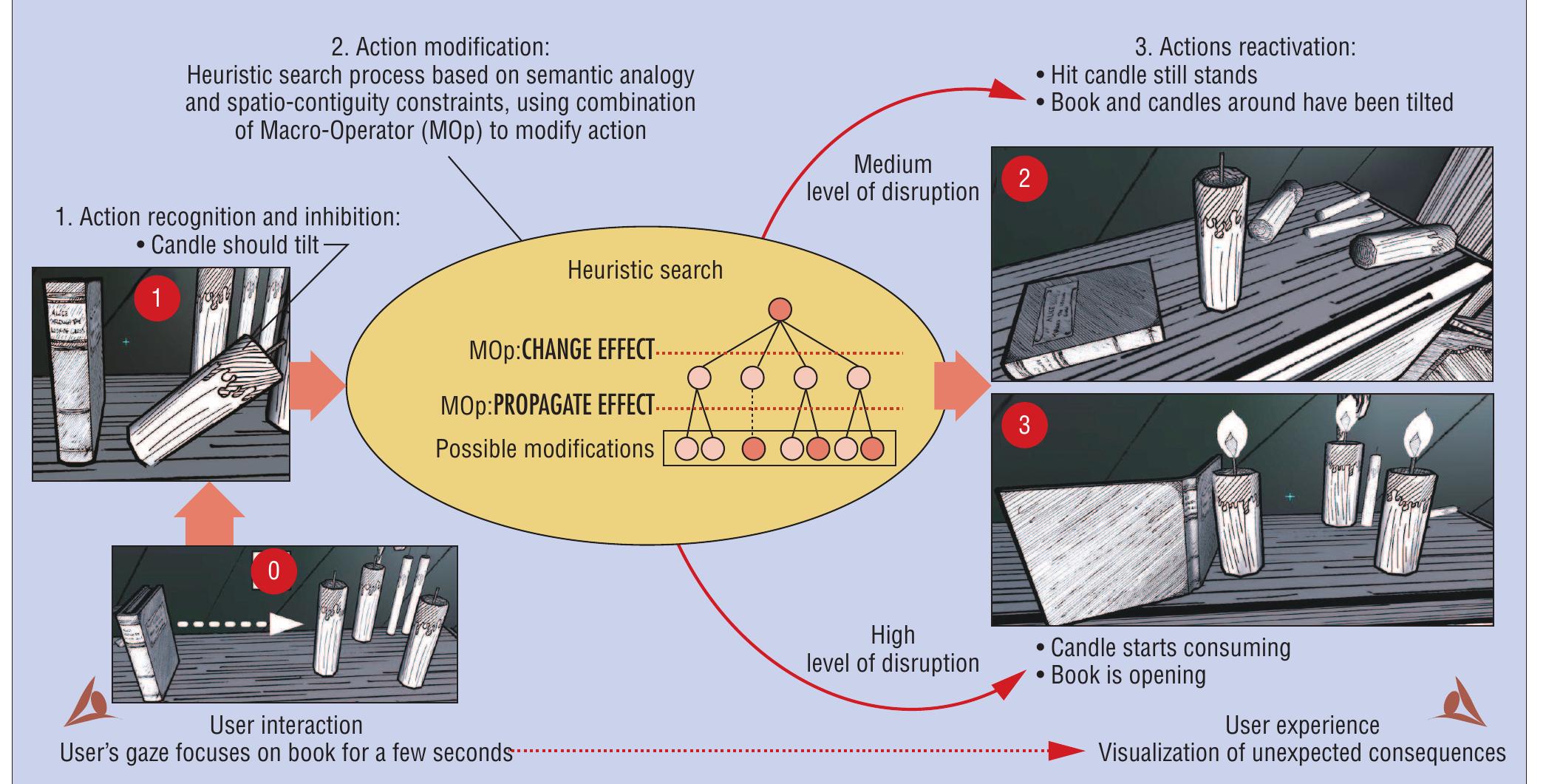Key research themes
1. How do Alternate Reality Games (ARGs) impact player engagement and learning outcomes through immersive and participatory narrative structures?
This theme explores the educational and experiential potentials of ARGs, focusing on how their unique blend of real and virtual elements facilitates deep player engagement, collective problem-solving, and learning. Research investigates ARGs as effective pedagogical tools that incorporate narrative immersion, collaborative gameplay, and critical thinking, particularly in formal classroom settings and informal social contexts.
2. What ethical and ontological issues arise from the realism of alternate and extended reality gaming environments?
This theme addresses the moral considerations and philosophical questions posed by the increasing realism and immersive potential of ARGs and extended reality (XR) platforms such as Virtual Reality (VR) and Augmented Reality (AR). It focuses on how the blending of virtual and real worlds challenges traditional ethical boundaries, the treatment of virtual characters, and the implications of immersive content on player psychology and behavior.
3. How can orchestration and collaboration be effectively managed in large-scale, mixed-reality ARGs involving distributed participants?
This theme investigates the social and technological coordination challenges inherent in managing ARGs that blend online virtual environments with real-world physical spaces and involve multiple participant roles. It emphasizes the ethnographic and design insights on collaboration 'on the ground,' the distributed nature of orchestration, and the implications for designing supportive systems that nurture player interaction and game progression.



























